The Jacks Lab is interested in the genetic events contributing to the development of cancer. The focus of our research has been a series of mouse strains engineered to carry mutations in genes known to be involved in human cancer. We also study the effects of these mutations in transformed cells and use cells derived from mutant animals to study the function of these genes in organoid models. Current research remains centered on the use of gene targeting to create more powerful and accurate mouse models of human cancer and to explore the pathways regulated by cancer-associated genes. We have generated mouse models of several major human cancer types, including lung cancer, pancreatic cancer, osteosarcoma, and colon cancer. The mouse models are being evaluated with cutting-edge tools in genetics, genomics, and imaging, as well as with various chemotherapeutic agents.
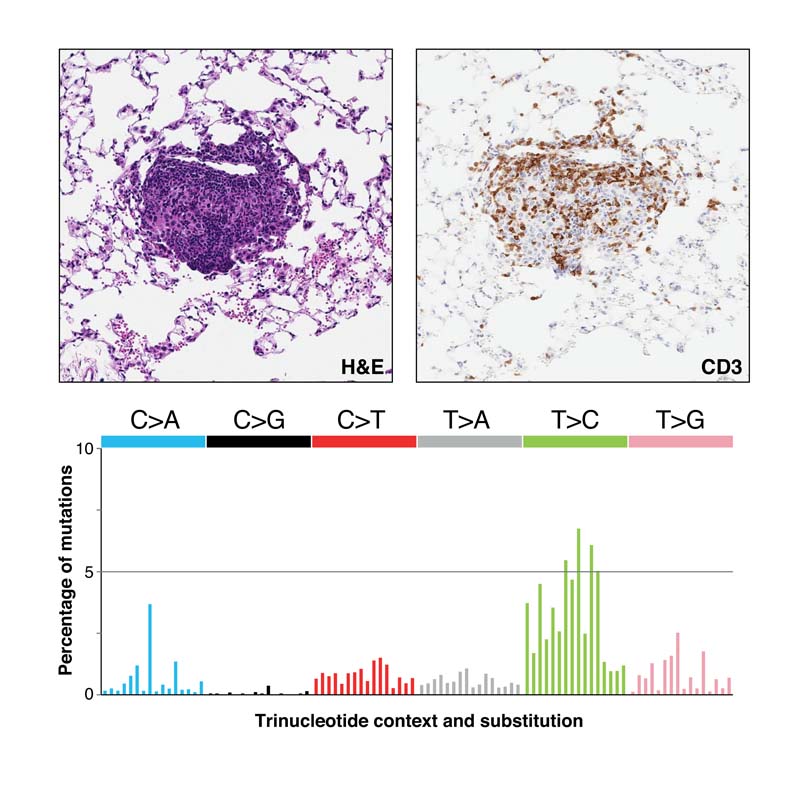 |
Engineering hypermutant cancer modelsWe are interested in developing a novel mouse model of cancer in the lung and colon that have a high mutational burden. more >> |
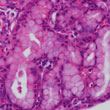 |
Modeling Cancer using CRISPR/Cas9 systemThe prokaryotic type II CRISPR/Cas9 system has revolutionized the field of genome engineering, allowing researchers to edit the genomes of a great variety of organisms with unprecedented speed and precision. more >> |
 |
Epigenetic changes during pancreatic cancer progressionWe are profiling epigenetic changes that coincide with tumor progression in the KP mouse model of pancreatic ductal adenocarcinoma (PDAC). more >> |
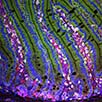 |
Aneuploidy and TumorigenesisWe are interested in how chromosome missegregation and aneuploidy impacts untransformed and tumor cells and how these copy number variations (CNVs) can affect cell fate decisions and tumorigenesis. more >> |
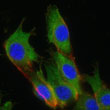 |
Pancreatic cancerPancreatic ductal adenocarcinoma (PDAC) is the fourth leading cause of cancer death in the United States and a major unsolved health problem worldwide with nearly all patients succumbing to their disease. Here is a short video about some of the projects in the Jacks Lab being supported by the Lustgarten Foundation. more >> |
 |
Small cell lung cancerSmall cell lung cancer (SCLC) is a high-grade neuroendocrine cancer that is among the most lethal solid tumor malignancies, with a 5-year overall survival of less than 5%. more >> |
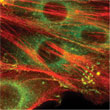 |
Tumor evolution and homeostasisWe have had a long-standing interest in tumor initiation and progression, and are interested in discovering what factors influence these events. more >> |
 |
Tumor microenvironmentFor many years, a prevailing paradigm in cancer biology was that mutational aberrations in neoplastic cells are both necessary and sufficient for tumorigenesis, and thus cancer was believed to be a cell-autonomous process. more >> |
 |
Lung adenocarcinoma immunologyCancer immunology has tremendous therapeutic promise, as the immune system has the potential to find and completely eliminate tumor cells throughout the body and provide long lasting immunity from cancer. more >> |
Funding Credit
Our studies are also supported by the National Institutes of Health, the Ludwig Fund for Cancer Research, the Lustgarten Foundation, and the Koch Institute for Integrative Cancer Research. Prof. Jacks is a Daniel K. Ludwig Scholar and the David H. Koch Professor of Biology at MIT.

